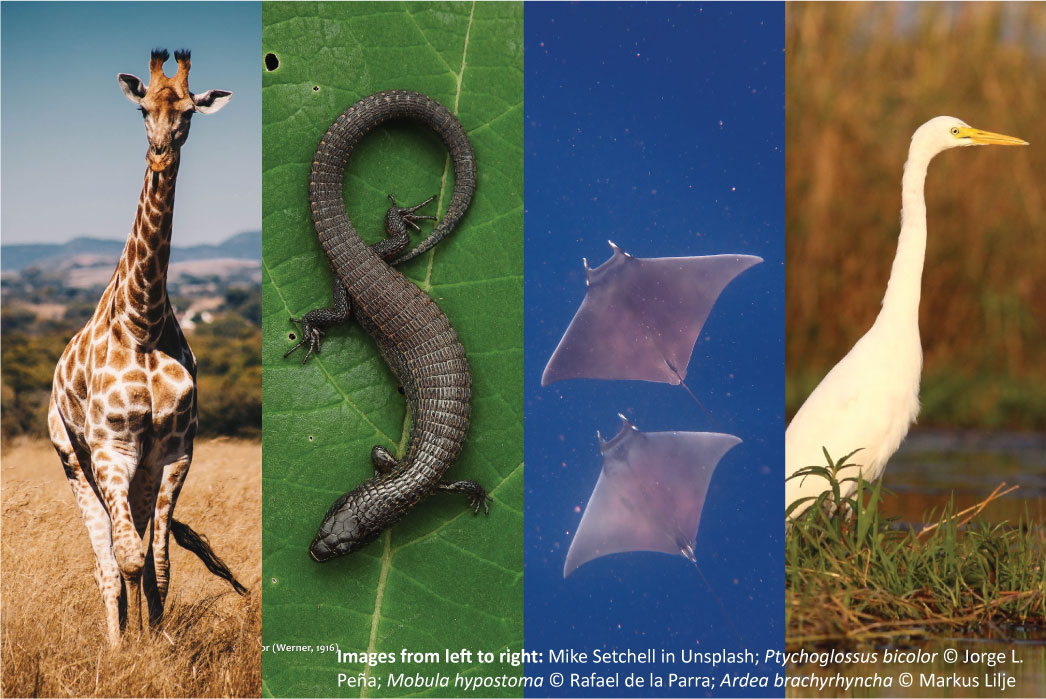Mapping the World's Biodiversity: Key Updates and New Discoveries in the September 2023 KBA Release.
As part of the latest update of the World Database of KBAs, released in September 2023, a total of 224 sites were updated, including 117 that were assessed or reassessed.

The latest update of the World Database of KBAs has just been released. The release includes many reassessments and boundary improvements to existing sites, together with some new KBAs. A total of 224 sites were updated, including 26 new sites that were added, and 91 previously existing KBAs that were reassessed. Thirteen sites were superseded having been replaced by some of the assessed or reassessed sites, and 24 legacy sites were delisted as KBAs because they no longer meet IBA criteria and were delisted as IBAs. The boundaries of a further 70 sites were improved either to align them with protected areas, habitats, or other topography as appropriate and in consultation with the original proposers. These updates resulted in a total of 16,333 KBAs confirmed in September 2023, and include 5,342 Global KBAs, 4,145 Regional KBAs, and 6,846 KBAs whose Global or Regional status is yet to be determined.
During this update, a total of 536 trigger species were assessed or reassessed. Most of the updates were from Re:wild’s AZE amphibian assessments in the Tropical Andes, and included 188 amphibian species at 99 sites, 82 of which are the sole KBAs for one or more of these amphibian species. Other species prevalent in this update were birds (253 species at 50 sites) magnolias (14 species at 15 sites) and reptiles (27 species at 10 sites). Mammal species were assessed at newly identified KBAs in the UAE including Arabian Oryx, Arabian Mountain Gazelle, and Dugong.
Explore the KBA data further. Visit the Explore Data tab on the KBA website where you can view the dashboard and access the site-level factsheets from the map search.